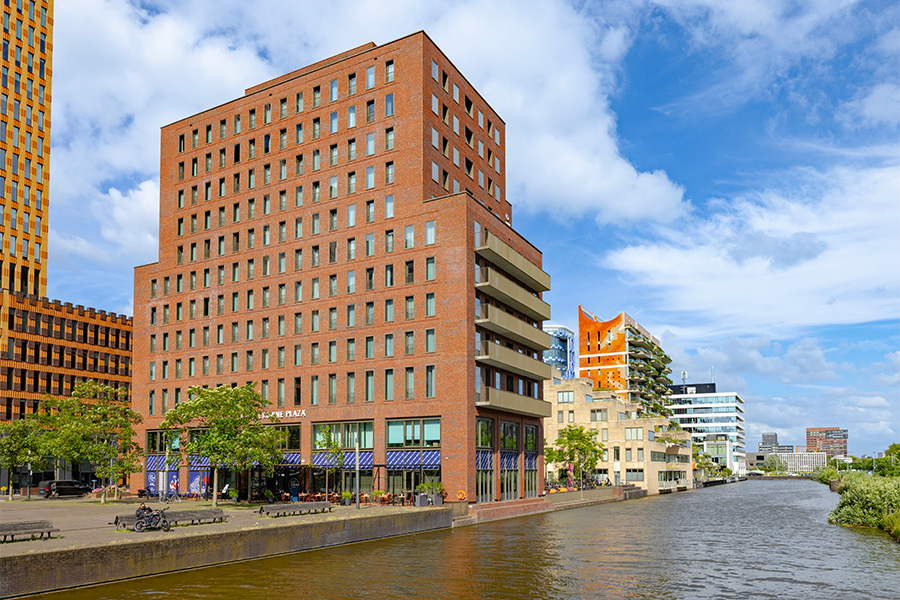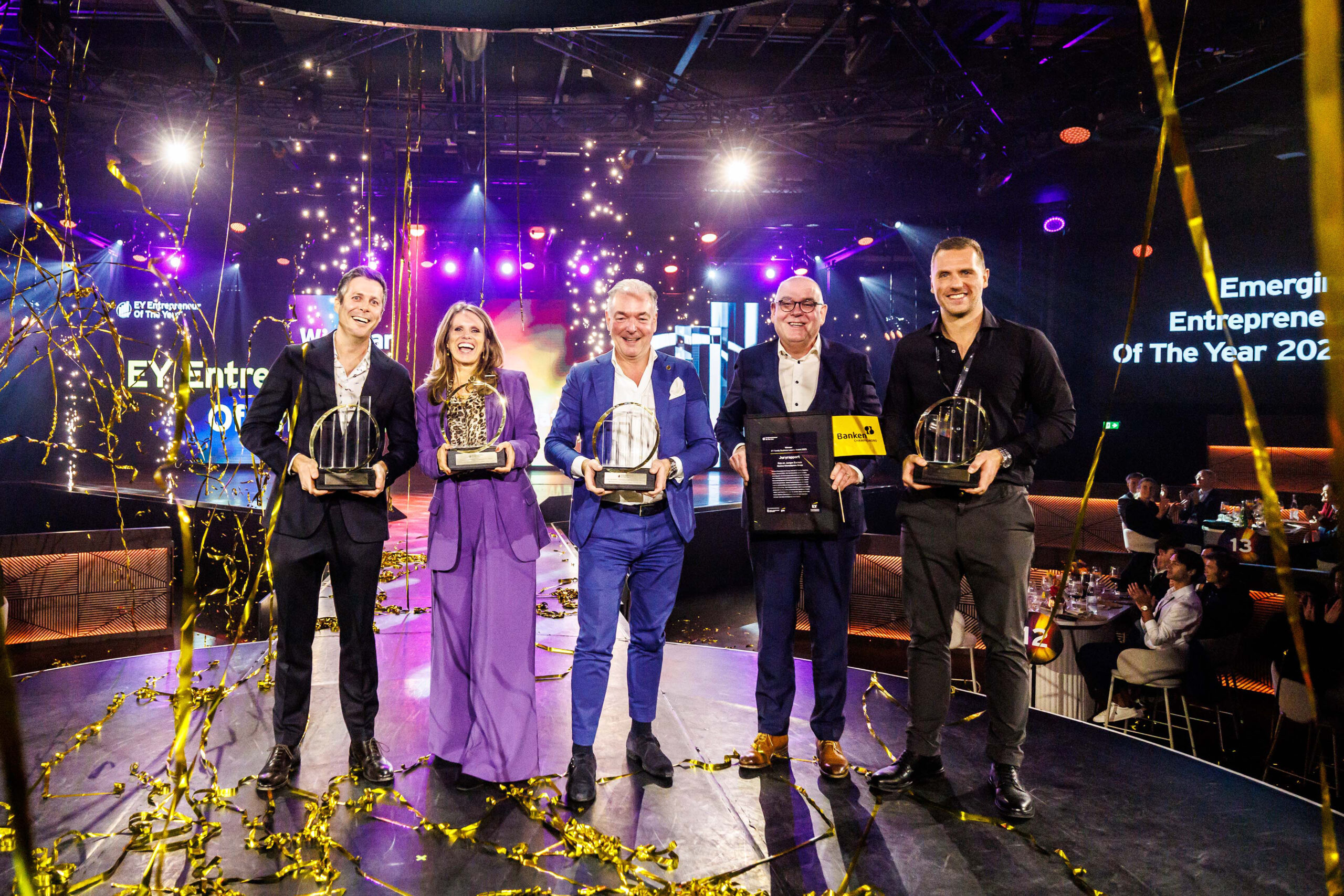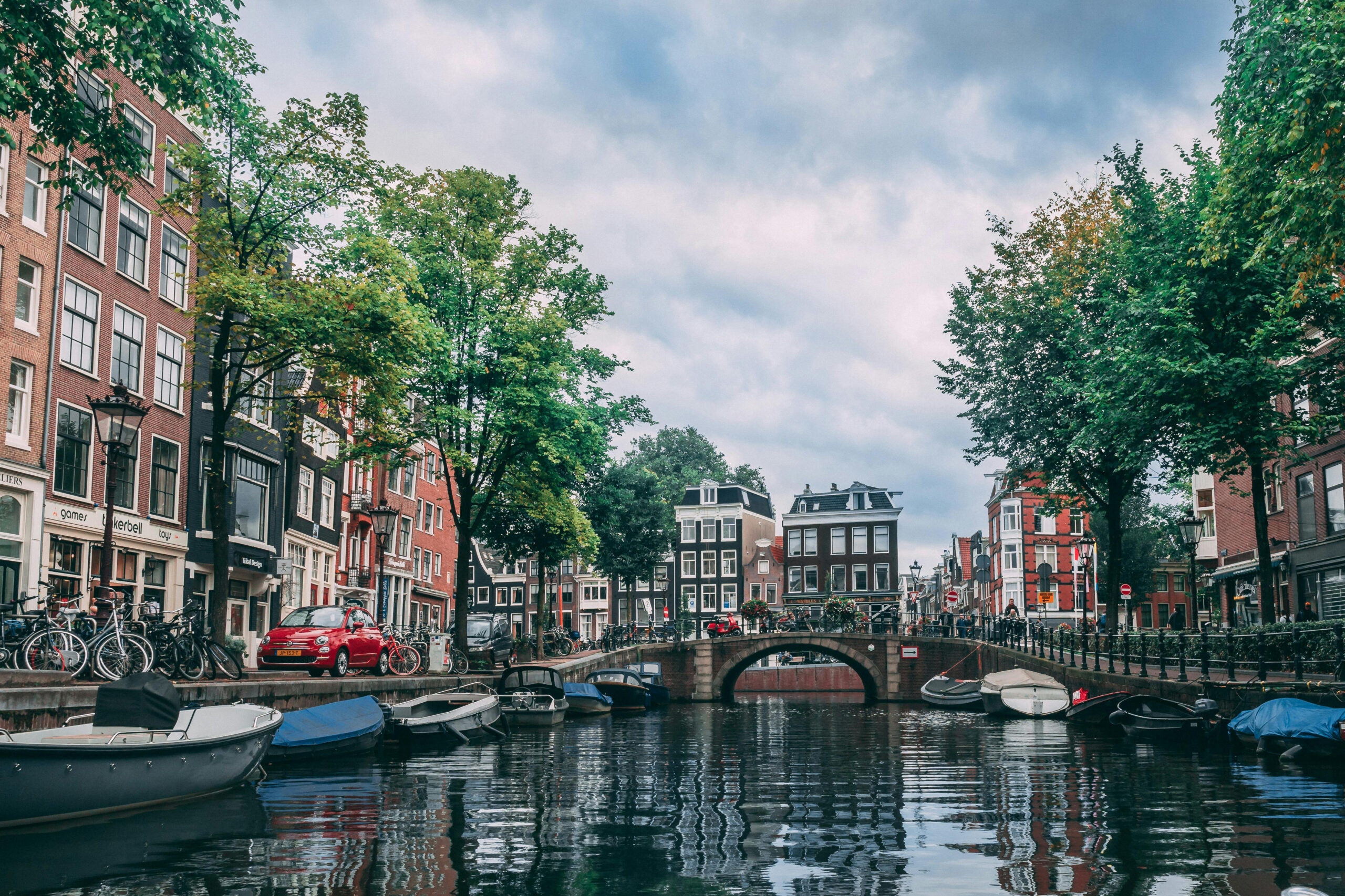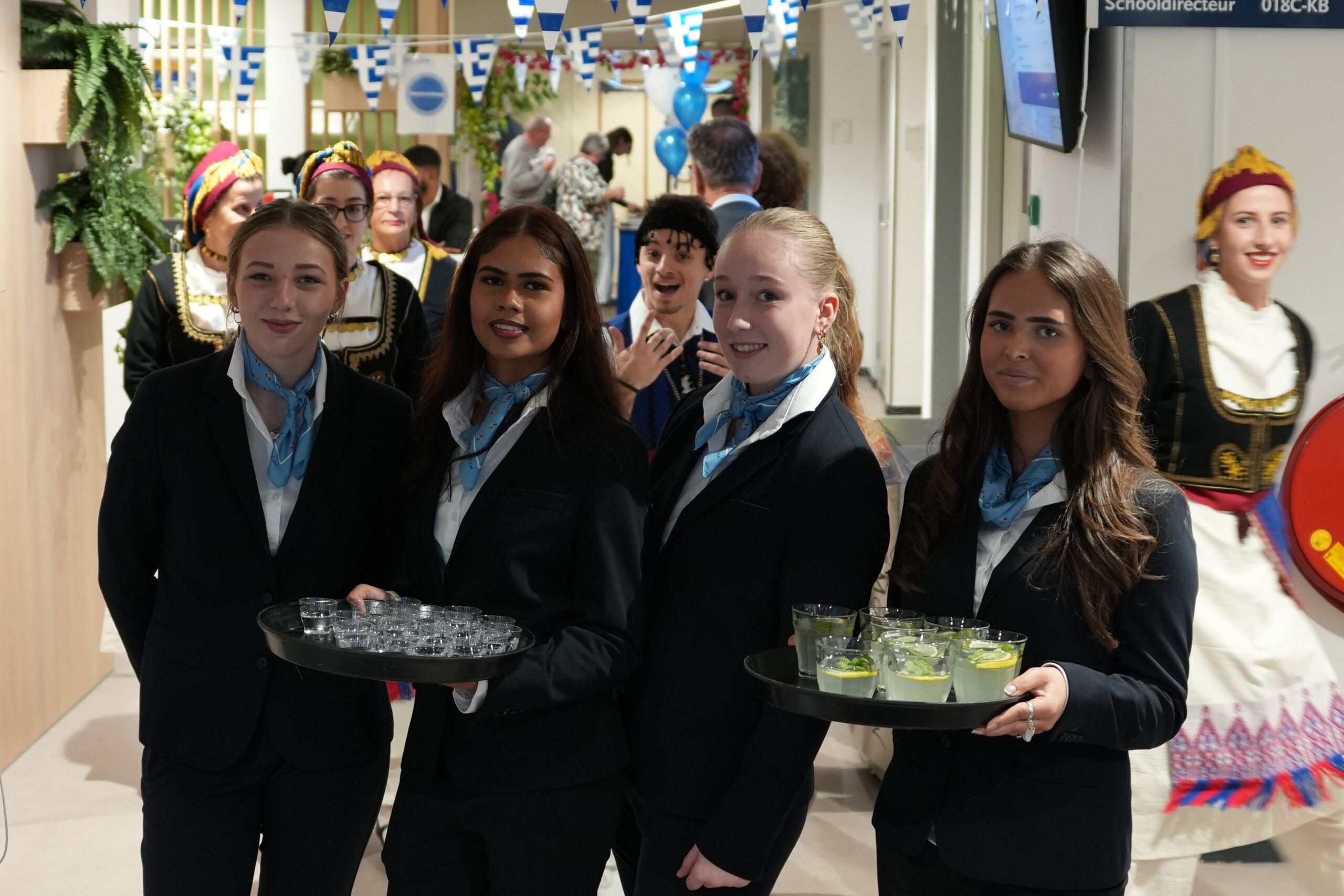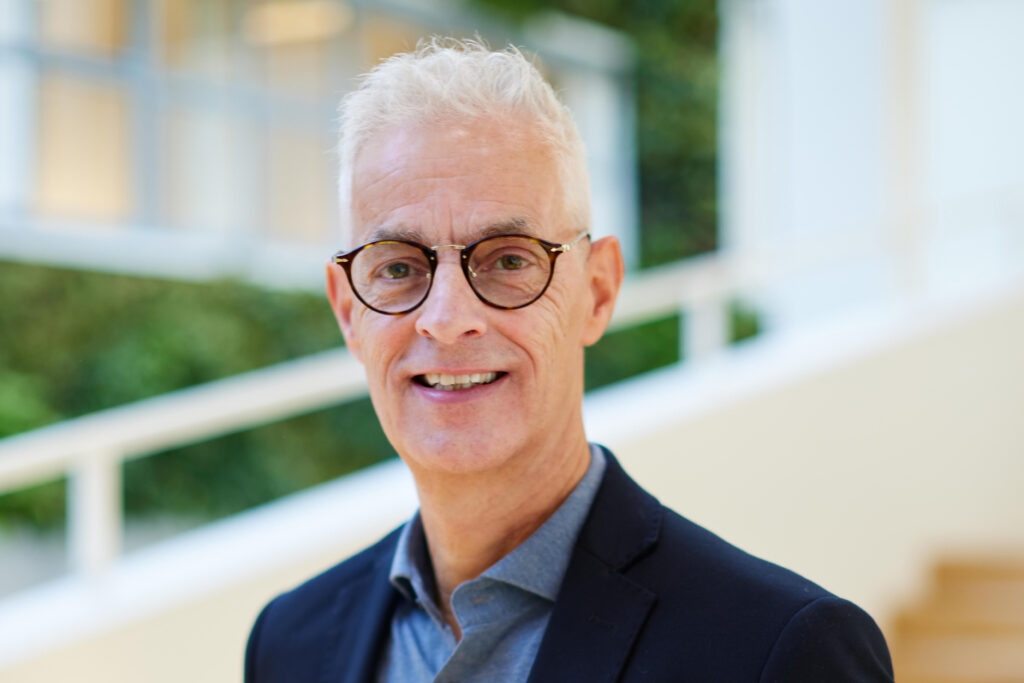
What will tourism look like in 2035? Four scenarios for the future of travel in Europe
Tourism is big business. Globally, the sector is growing one and a half times faster than the global economy. In the Netherlands, tourism contributes 4% to the gross domestic product: over €111 billion in spending and 771,000 jobs. The share is also substantial in Friesland. In 2024, the province welcomed more than 2.1 million tourists. Good for employment as well as facilities that also benefit residents.
But this broad prosperity cannot be taken for granted. Climate change, digitalisation, generational change and geopolitical tensions are forcing the sector to rethink. Because what if tourism continues to grow, but at the expense of quality of life and nature? Or instead change to a model in which the region itself is at the helm?
A look into the future
To get a better grip on that uncertainty, the European Tourism Futures Institute (ETFI), part of NHL Stenden University of Applied Sciences, together with the European Travel Commission (ETC) on a strategic foresight. The result: four scenarios showing what European tourism could look like in 2035.
According to Lecturer Albert Postma it is primarily a tool for choices in the here and now: "The scenarios help policymakers, companies and regions to think strategically. What if it goes that way? And then what does that mean for us?"
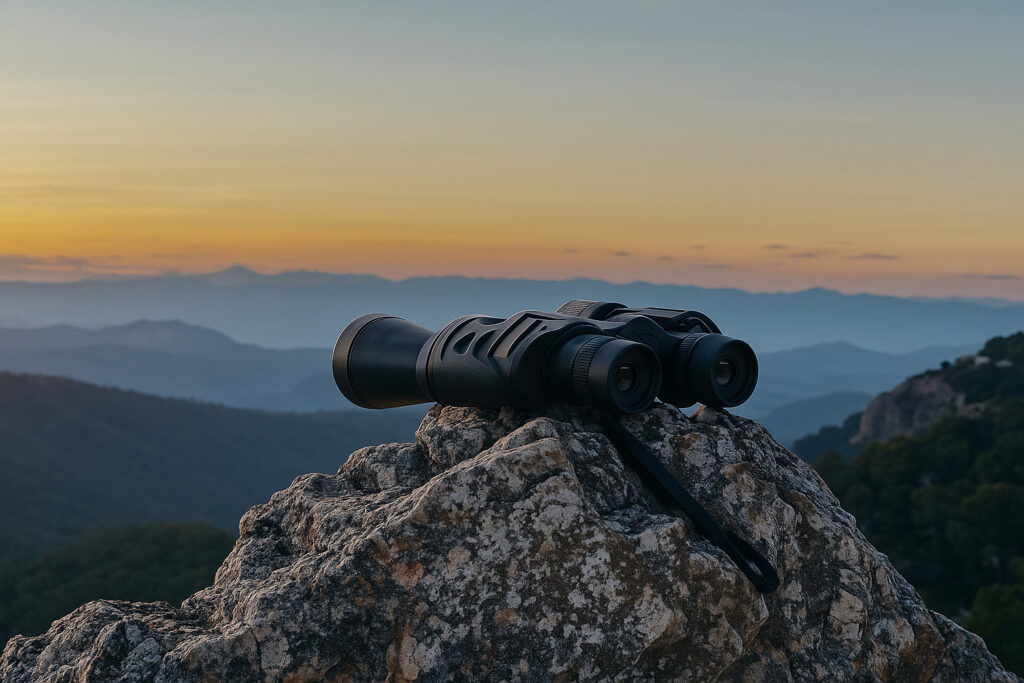
Four scenarios: from platform dominance to local resilience
- Fragmented and familiar
Tourism will still be running at full speed in 2035, but the reins will be in the hands of big platform companies such as Booking or Airbnb, for example. Bookings are made through the same apps and sites, and visitors choose familiar places en masse. European cooperation is limited. It is difficult for small entrepreneurs to compete, and many destinations are losing their individuality.
- Coordinated and familiar
Governments are pulling together more, with better agreements on safety, climate and distribution of visitors. Still, tourism remains mainly massive and focused on convenience. Visitors choose familiar places, booking behaviour hardly changes and the dominance of big players remains.
- Collaborative transformation
Sustainability in 2035 is no longer a trend, but a standard. Travellers make conscious choices, policies are made locally, and tourism is embedded in broader societal goals. Technology helps make choices that are good for people and nature. Communities think along and visibly benefit from what tourism brings.
- Uneven transformation
In some regions, bottom-up initiatives are flourishing. Think of villages organising their own tourist offerings or entrepreneurs creating something unique with minimal resources. But in the absence of a broad European policy, the gap is growing between regions that can accelerate and those that lag behind.
And what does that mean for the region?
The scenarios are European in scope, but also touch the region. Because how do you ensure that tourism in Friesland, for instance, will also contribute to broad prosperity in the future? And what is needed to include entrepreneurs, communities and nature in this?
For regional partners, but also for municipalities and entrepreneurs, the scenarios offer guidance. They help to think about questions such as: what do we want to project as a region? How do we remain attractive for visitors and residents? And what role does tourism play in the quality of life?
Postma: "Especially in the 'Collaborative Transformation' and 'Uneven Transformation' scenarios, there are opportunities for regions like Friesland. There, it's all about engaged communities, sustainable choices and room for initiative."
